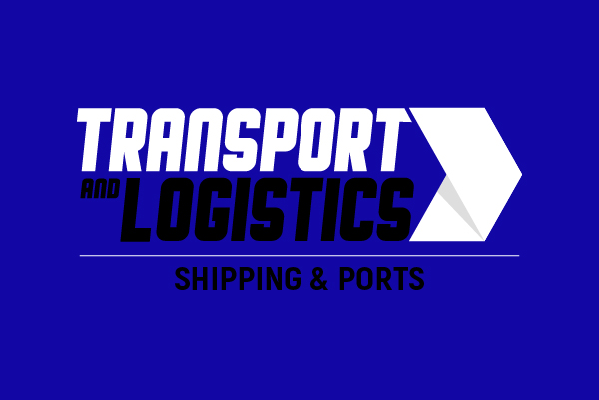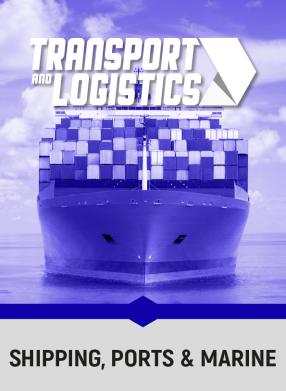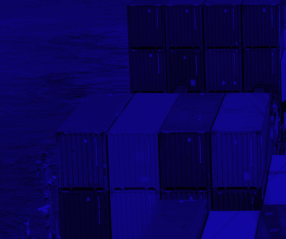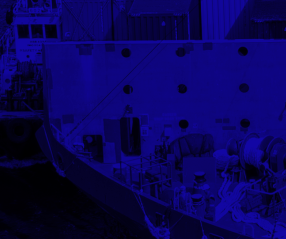Cargo handling at Falmouth docks is big business for the A&P group. Last year Falmouth Docks and Engineering Company shipped a record 74,000 tons of bulk cargo out of the docks by sea. This equated to a saving of 3,700 lorry journeys on the roads of Cornwall, thus reducing pollution from heavy freight vehicles.
Most of this waste goes on to be recycled or used as an alternative energy source elsewhere and helps Cornwall to achieve a sustainable waste management chain.
Drystan Jones, Port Operations Director for Falmouth Docks and Engineering Company said: “Most people don’t associate the docks with transporting Cornwall’s rubbish out of the county or how important this is. Being able to actively reduce the amount of waste that goes into landfill and keeping lorry miles to a minimum has real benefit to the environment and also to the economy of Cornwall.
We’ve enjoyed strong performance over the last 18 months and look set to have another good year. It’s interesting to see how the cargoes we handle reflect the changing landscape of Cornwall’s needs. We’re no longer handling materials such as coal, instead the focus is on biomass and other sustainable energy sources.”
Further growth in the cargo sector is expected in 2016 with new enquiries for renewable energy cargoes including biomass.
Falmouth Docks and Engineering Company plays a pivotal role in transporting Cornwall’s waste out of the region and in reducing the impact of pollution from heavy freight vehicles. The company is a Statutory Port Authority and operates the wharfs and cargo areas in and around Falmouth Docks.
‘People in the area are still surprised to learn that A&P is more than just a ship repair business and that we’re involved in the vital transportation of waste, as well as welcoming a huge number of cruise visitors into the town each year and just recently carrying out mobilisation works for Wavehub. We are a diverse organisation that wishes to maximise the opportunities for the maritime economy of Cornwall,” said Drystan.
The cargo handling division at A&P is heavily involved in the cruise industry loading ship’s stores and equipment for visiting cruise ships when required.
The tide has changed significantly in terms of commodities handled at the docks. In the past 20 years fertilizer, coal and animal feed imports accounted for a large percentage of cargo worked. Calcified seaweed (maerl) and stone cargoes were also the norm.
Today, the emphasis is more on waste products with more than 80 per cent of cargo passing through the dock each year being waste including RDF (Refuse Derived Fuel), discarded wood from recycling centres, glass bottles and trade waste from the Cornwall’s hotels and schools.
Most of this waste goes on to be recycled or used as an alternative energy source elsewhere and helps Cornwall to achieve a sustainable waste management chain.
Stone from the local quarries is exported and imported for road infrastructure projects throughout the county. The on-going import of thousands of tonnes of animal feed is seen as an important part of the regional economy.
Interesting to note the cargo statistics for 1907. Imports were Barley 109,000 quarters, Maize 69,594 qrs, Coal 5,600 tons, Timber 1,601 loads, Phosphate 1,346 tons, Stone 1,708 tons, Cement 1,017 tons and Salt 252 tons. Exports included China clay and stone 4,202 tons, Fish 724 tons, Old iron 1,603 tons, Zinc ore 437 tons, general goods 25,600 tons.












